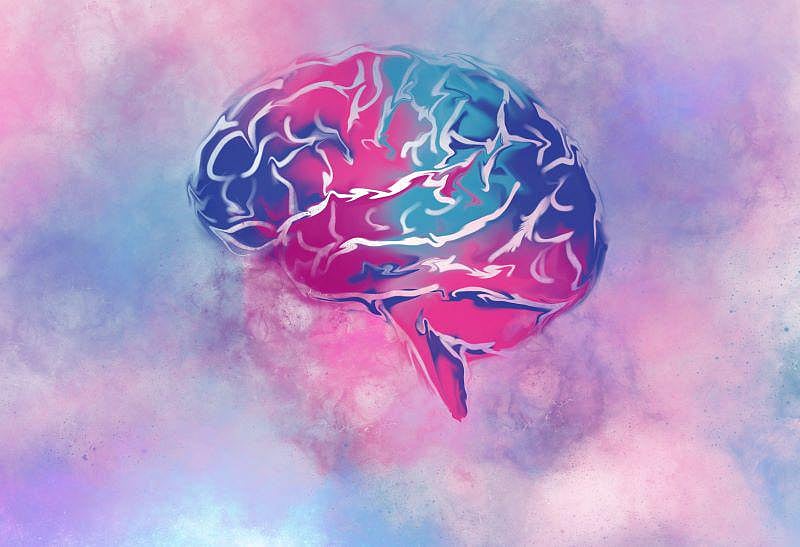Get Healthy!

- Posted August 18, 2023
Gene Study Reveals Brain's Complex Organization
The brain is a complex organ, and a new study -- believed to be the largest ever on the brain's genetics -- identifies more than 4,000 genetic variants linked to brain structure.
The research, involving some 36,000 brain scans, was led by a team at the University of Cambridge in England.
Brains are quite varied in terms of overall volume, how the brain is folded and how thick the folds are, according to the researchers.
The new work shows that how the brain develops is partly genetic, said study co-author Dr. Varun Warrier, who is with the university's Autism Research Center.
"Our findings can be used to understand how changes in the shape and size of the brain can lead to neurological and psychiatric conditions, potentially leading to better treatment and support for those who need it,"Warrier said in a university news release.
For the study, researchers accessed MRI scans from more than 32,000 adults from the UK Biobank cohort and over 4,000 children from the Adolescent Brain Cognitive Development (ABCD) study in the United States.
The investigators measured multiple properties of the outermost layer of the brain, called the cortex. This included measuring the area and volume of the cortex and how it is folded.
"One question that has interested us for a while is if the same genes that are linked to how big the cortex is -- measured as both volume and area -- are also linked to how the cortex is folded. By measuring these different properties of the brain and linking them to genetics, we found that different sets of genes contribute to folding and size of the cortex,"Warrier said.
The researchers then linked these properties -- measuring across the entire cortex and in 180 individual regions of the cortex -- to genetic information across the genome.
The findings have allowed researchers to both confirm and to identify how different properties of the brain are genetically linked to each other.
The team also checked whether the same genes that are linked to variation in brain size in the general population might overlap with genes linked to certain clinical conditions, such as where head sizes are much larger or smaller than the general population. These are known as cephalic conditions.
"Many of the genes linked with differences in the brain sizes in the general population overlapped with genes implicated in cephalic conditions. However, we still do not know how exactly these genes lead to changes in brain size,"said Richard Bethlehem, director of neuroimaging at the Autism Research Center.
The study findings were published Aug. 17 in Nature Genetics.
More information
The University of Sydney has more on brain research.
SOURCE: University of Cambridge, news release, Aug. 17, 2023






